2, December 2022
Ukraine war shows Europe ‘not strong enough’ 0
Finnish Prime Minister Sanna Marin on Friday offered a “brutally honest” assessment of Europe’s capabilities in the wake of Russia’s war on Ukraine, stating bluntly that “we’re not strong enough” to stand up to Moscow alone.
Visiting Australia, the leader of the pending NATO member said Vladimir Putin’s invasion and occupation of neighbouring Ukraine had exposed both European weaknesses and strategic blunders in dealing with Russia.
“I must be very honest, brutally honest with you, Europe isn’t strong enough right now. We would be in trouble without the United States,” she told Sydney’s Lowy Institute think tank.
Marin insisted Ukraine must be given “whatever it takes” to win the war, adding that the United States had been pivotal in supplying Kyiv with the weapons, finance and humanitarian aid necessary to blunt Russia’s advance.
“We have to make sure that we are also building those capabilities when it comes to European defence, the European defence industry, and making sure that we could cope in different kinds of situations,” she said.
Finland won independence from Russia almost 105 years ago and inflicted heavy casualties on an invading Soviet army soon after despite being hugely outgunned.
The 37-year-old Finnish leader decried European Union policies that had stressed the importance of engagement with Putin and said the bloc should have listened to member states who were part of the Soviet Union until it collapsed.
Since joining the European Union in 2004, countries such as Estonia and Poland have urged fellow EU members to take a tougher line on Putin, a stance tempered by France, Germany, Italy and Greece — which favoured closer economic ties with Moscow.
“We should have listened to our Baltic and Polish friends much sooner,” Marin said.
“For a long time, Europe was building a strategy towards Russia to closen our economic ties, to buy energy from Russia… we thought that this would prevent a war.”
Marin added that this approach had been “proven entirely wrong”.
“They don’t care about economic ties, they don’t care about the sanctions. They don’t care about any of that.”
Source: AFP


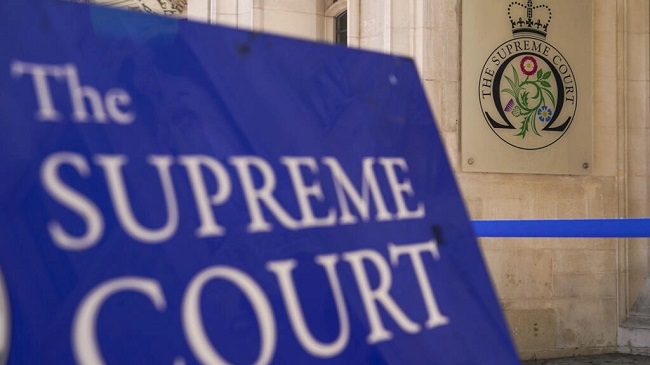
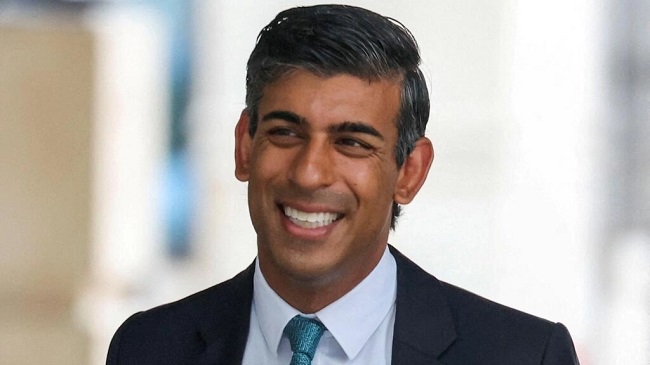
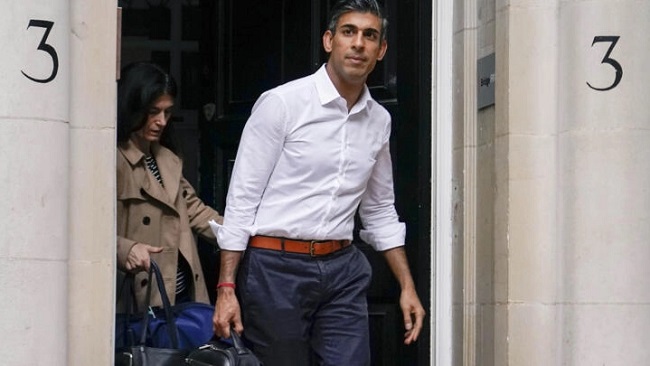
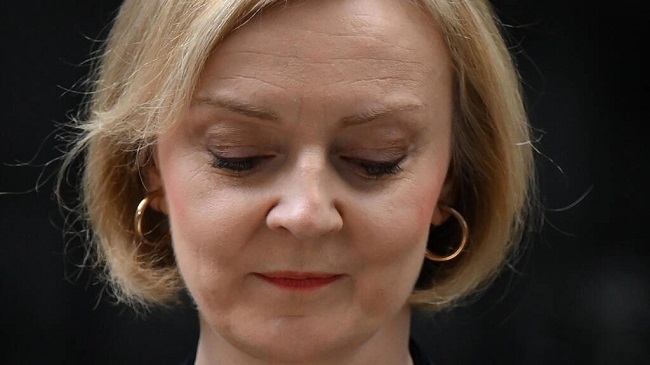

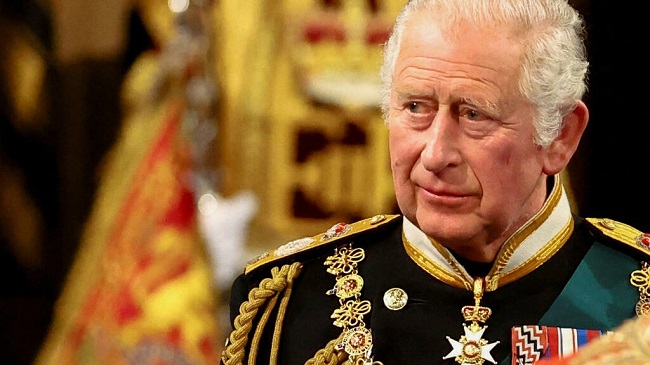


















14, November 2023
UK: Former Prime Minister appointed foreign secretary 0
David Cameron has said he wants to support Prime Minister Rishi Sunak “at a hard time”, after making a dramatic comeback to government in a major cabinet reshuffle.
The former prime minister has been appointed foreign secretary and accepted a peerage to take the post.
He replaced James Cleverly, who became home secretary after Mr Sunak sacked Suella Braverman.
Lord Cameron admitted it was “not usual” for a former PM “to come back”.
But he said at a time when the country faced “daunting challenges” in the Middle East and Ukraine, he hoped his experience would be helpful to Mr Sunak’s government.
“I’ve decided to join this team because I believe Rishi Sunak is a good prime minister doing a difficult job at a hard time,” Lord Cameron said. “I want to support him.”
Later the Foreign Office said Mr Cameron had spoken to US Secretary of State Antony Blinken on Monday evening, and they discussed “the conflict in the Middle East, Israel’s right to self defence and the need for humanitarian pauses to allow the safe passage of aid into Gaza” – as well as their continued support for Ukraine and the strength and depth of the relationship between the UK and the US.
Mrs Braverman’s sacking kickstarted Monday’s cabinet reshuffle by Mr Sunak, whose party is lagging far behind Labour in opinion polls, after more than 13 years in power.
Mr Sunak’s decision to sack Mrs Braverman came after the former home secretary accused the Metropolitan Police of bias in its handling of protests.
The prime minister’s spokesperson stressed the importance of having a “united team” and acknowledged there had been “differences of style” between Mrs Braverman and Mr Sunak.
In a speech at the Lord Mayor’s Banquet in London, Mr Sunak said the world faced “deeply challenging times” and “it falls to us to do everything we can to shape these events”.
He said the UK government had “delivered one of the most significant years for British foreign policy in recent times” and praised Mr Cleverly for his work on Ukraine as foreign secretary.
“I’m pleased to have appointed a new foreign secretary who will build on everything we have achieved in the last year,” Mr Sunak said.
By bringing back Lord Cameron and firing Mrs Braverman, who is popular on the right of the Conservative Party, the prime minister has risked deepening divisions among his MPs.
Conservative former Cabinet minister Sir Jacob Rees-Mogg said the Conservatives were “in danger of losing votes to the Reform party”.
Reform leader Richard Tice was “as happy as can be” when he saw him earlier, he told BBC Newsnight, adding: “The Champagne will be flowing in the Reform party headquarters tonight after what’s been done today.”
In key changes, Steve Barclay took Therese Coffey’s job as environment secretary, and Victoria Atkins became health secretary.
Former transport minister Richard Holden became Tory party chairman, taking over from Greg Hands.
Other senior cabinet members remained in post, including Chancellor Jeremy Hunt, Defence Secretary Grant Shapps and Education Secretary Gillian Keegan.
It was Lord Cameron’s appointment that stunned Westminster and made him the first former prime minister to re-enter government since the 1970s.
Source: BBC